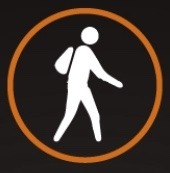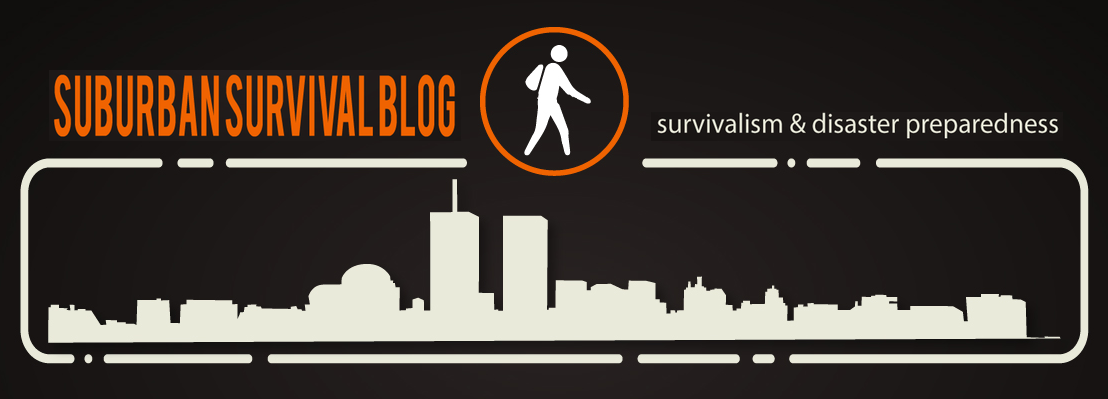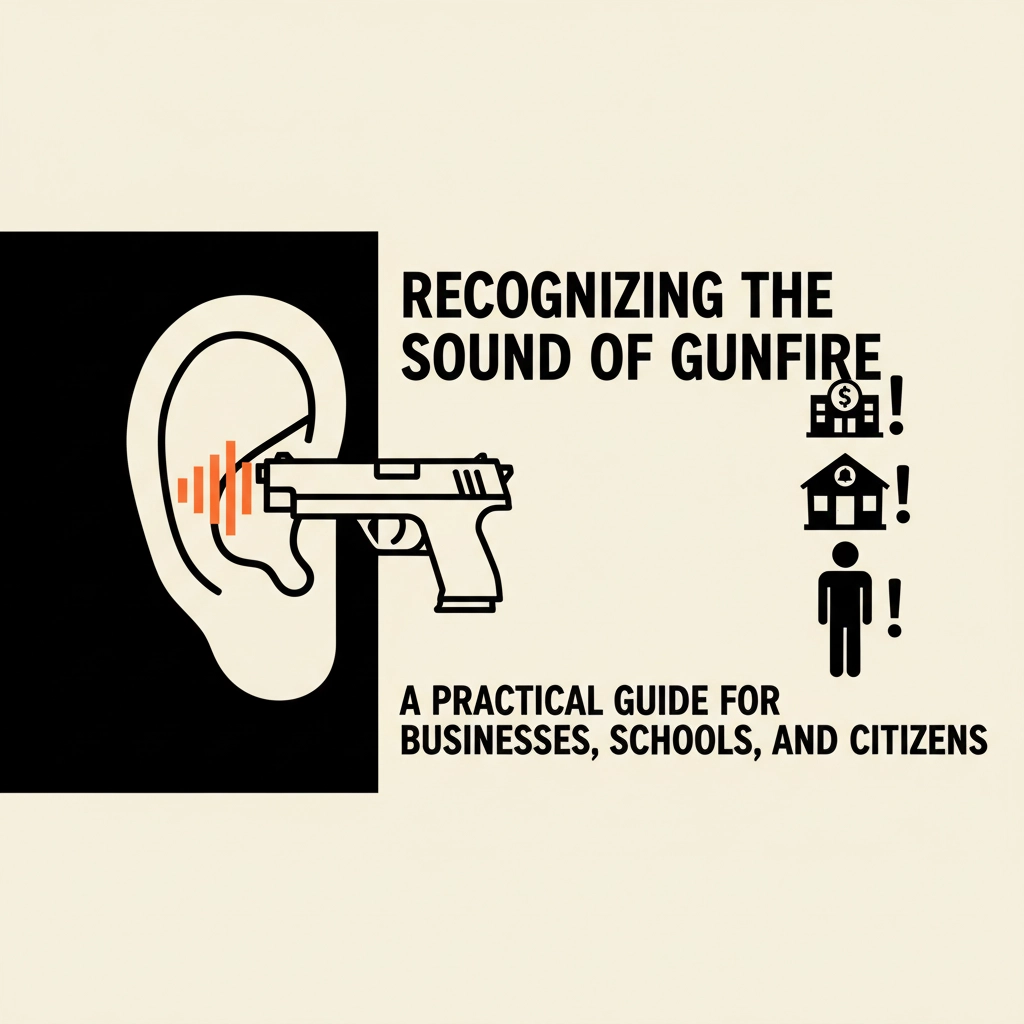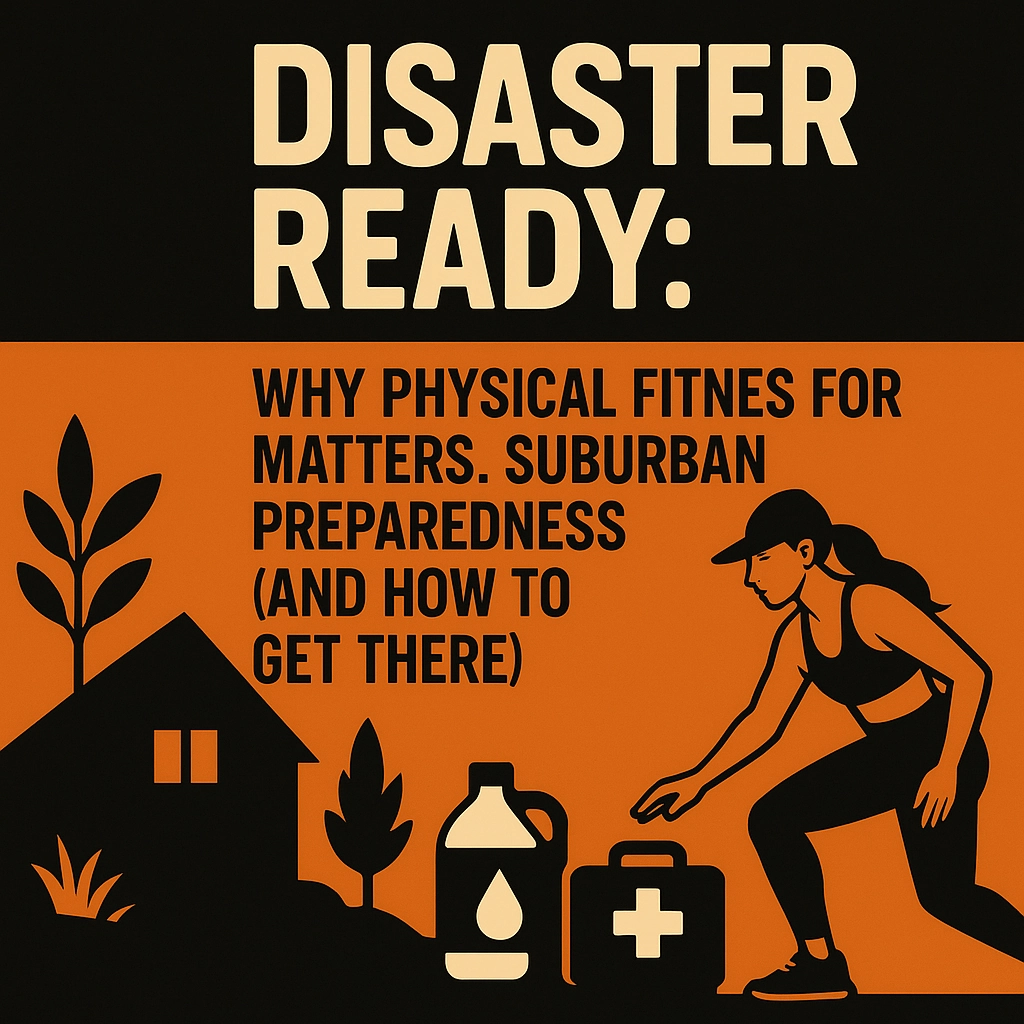 Let me preface this article by acknowledging the source for the idea of this article comes from another peppers’ video. Unfortunately, it’s been a long time I’ve mulled over this topic and I don’t recall who exactly it was.
Let me preface this article by acknowledging the source for the idea of this article comes from another peppers’ video. Unfortunately, it’s been a long time I’ve mulled over this topic and I don’t recall who exactly it was.
With that out of the way, let’s get started.
The subject of evacuation from a disaster location, or evacuation in advance of a potential disaster (such as a storm), has been written about here and on other sites ad nauseum. But the timing of an evacuation isn’t usually discussed in detail. That is the topic of this article.
In general, during an SHTF event there is likely going to be 3 waves of evacuations.
1st Wave
These are mostly going to be the people who already live their lives on a hair-pin trigger just waiting for any small sign that a disaster is brewing. “Neurotic” is certainly an accurate if not flattering description. It also includes a small number of people, either by gifted insight or blind luck, connect the dots early and come to the conclusion that a major SHTF event is approaching.
The number of people evacuating probably will be very low. Most people will either refuse to believe anything bad is going to happen (“normalcy bias”) or fail to see the early warning signs and connect the dots.
Supplies like food, water, fuel etc will be at normal levels of availability and you should make every effort to top-off with fresh supplies before leaving. Similarly, currency will still be readily available and accepted. Retailers should have little problem resupplying at normal schedules (if you choose to risk waiting a bit longer for additional supplies).
Traffic will be light to normal with little or no additional law enforcement/government control issues. People in surrounding communities will likely not even notice you as you pass through, perhaps pausing for more supplies, refueling etc.
2nd Wave
By this stage the danger (or at least the signs of the danger) is becoming far more apparent and harder to ignore, though many more will still refuse to accept what events seem to be leading up to (footnote: Some argue we are already in this stage). This wave will be characterized by a much wider swath of people taking their leave of the affected area(s). Not just preppers but “average” (non-preppers) too will be getting nervous and start leaving. Early signs of panic may be setting in too.
Supplies, especially of food, water, and fuel will start becoming noticeably harder to find (and likely more expensive) with less products on the shelves, even some empty shelves, and longer lines. Resupply to retailers will be slower. ATMs will start running out of cash. Bank branches themselves will run low or out of cash as branches only keep a small amount of actual currency on hand every day (for security and liquidity reasons).
Services too may become harder to obtain as “the [pick a color] flu” mysteriously falls upon employees in all manner of government and private business (i.e. people choose not to come into work to either stay home with their families or evacuate – a topic for another article soon).
A much larger number of people will be on the roads and other transportation methods. Traffic will be much greater and nerves tenser (more road rage). Also, the availability of other means of transport (train tickets, bus tickets etc) will be in greater demand and less available. There may be an increased law enforcement presence on the roads especially at bridges and tunnels, probably more for traffic control.
Surrounding communities and even further out from the affected area will see a rapidly growing influx of out of area people. Initially there may be some welcome as they bring a fast economic boost to the community, buying supplies etc. But that will likely switch over to resentment and possibly forceful rejection as smaller community supplies dwindle and people just keep coming and demanding more.
3rd Wave
In this wave all your neighbors, preppers or not, have reached the same conclusion: Time to get out of Dodge!
At this point the danger is upon you. The SHTF event has happened or is on the cusp of happening. It is acknowledged (perhaps begrudgingly but still acknowledged) by all but the most intransigent people who still refuse to accept the reality of the situation and cling to hopeless ideas everything will be fine and/or someone (i.e. government) will do something to make it all better. At this point these people are likely never going to be convinced and, cruel as it may sound, don’t waste any more time trying to. They may already be beyond helping.
Supplies will be very hard if not impossible to get. Store shelves will be wiped clean. Fuel may be unavailable as retailers have drained their tanks and resupply unlikely. There may even be fuel rationing as whatever local supplies are ordered saved for “official use only”. Bank branches will likely be closed and ATMs long since emptied of cash.
The roads will likely be packed and tempers will be high. Fear and panic will set otherwise calm people off at any little provocation. Some level of civil unrest may ensue especially if it is perceived there is an official policy to slow or prevent people from leaving (such as some kind of check point or vehicle searches).
The masses of evacuees will spread throughout the surrounding geography and likely overrun smaller surrounding communities thereby overwhelming their own stocks of retail supplies and services. Tempers will be high, violence likely. Don’t be surprised if small communities even try to block the main roads into their areas.
By the time the 3rd wave of evacuees comes if you still haven’t left most likely it’s too late to even try. For all the reasons above and more it will be impossible, or at the very least highly risky, to even attempt to leave. You are probably better off digging in and trying to wait out the event (depending what the event is).
I believe the key to success in this is to determine your “trigger event”. Determine clearly and precisely what actions or events prior to an SHTF event will prompt you to implement your evacuation plan. You have to be reasonable and specific. Life is full of daily unexpected events and you can’t be “bugging out” every time there’s a news flash.
Above all, I believe it comes down to trusting your gut instincts. Don’t be ruled by what others are doing, or more likely not doing. Don’t be afraid to make the decision to leave. You may get ribbed for it later if nothing bad happens. But I assure you deep down a lot of those people jabbing you wish they had thought to leave too and had the strength of character to actually do it themselves.









Great post. Thanks for the breakdown. We live in Northern Virginia and your mention of finding our trigger point is right on. Something we really need to decide on.